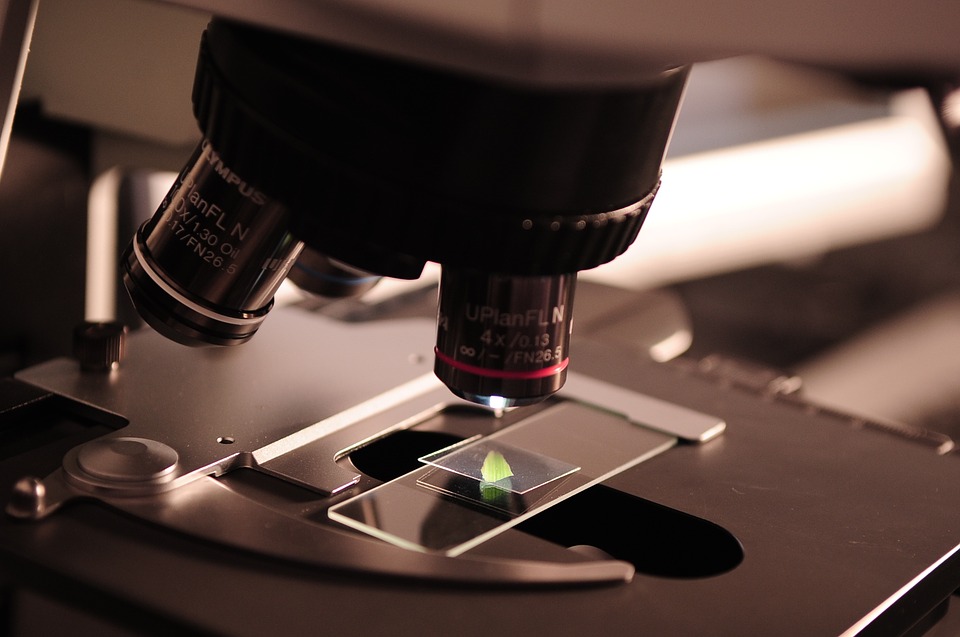People are Spending $490 on a Bogus At-Home Blood Test

By:
People are pointlessly pricking their fingers with a $490 device to see if their blood reveals a food intolerance, BuzzFeed News is reporting.
The Pinnertest is an at-home blood test that's being promoted on social media by influencers and celebrities such as Lindsay Lohan and Mario Lopez. The company behind the device, which was founded in 1985, claims it can identify antibodies in the blood that may signal an intolerance to 200 food items.
That's valuable information, Pinnertest explains on its website, because digestive intolerance to different foods "causes inflammation, which leads to many negative symptoms including fatigue, migraine and headaches, eczema, bloating, gas, congestion, weight gain, brain fog, joint ache, acid reflux, food cravings, diarrhea, skin rash and more."
 Pinnertest.com - pinnertest.com
Pinnertest.com - pinnertest.com
But researchers—including several whose studies were cited by Pinnertest as evidence supporting their device—argue that such blood tests are unreliable. Indeed, people who adjust their diet based on Pinnertest results could be putting their health at risk for no reason, Dr. Alessio Fasano, a gastroenterologist at Harvard Medical School, told ATTN:.
Though the "elimination of specific foodstuffs from the diet would not cause severe complications," Fasano said, it would "most definitely" affect a person's quality of life, possibly causing them to miss out on "minerals, vitamins, and fibers." That said, the most pressing concern is Pinnertest "may detract from the effort to find the real cause of symptoms" that led individuals to seek out the test in the first place, he said.
While testing for the presence of antibodies can reveal whether a person has a food allergy, specialists tend to use different biomarkers (e.g. enzymes) to determine whether a person has a food intolerance.

The body naturally produces antibodies when you eat or drink something, so their presence in the blood "simply means that someone has eaten a food item," BuzzFeed News reported. "Drinking a lot of milk, for example, might increase levels of antibodies to milk, but there isn’t evidence to show what a 'normal' level is to begin with, scientists say."
Ferit Erdem, who describes himself as a "consultant" for Pinnertest, doesn't deny that conventional IGE (immunoglobulin E) testing methods aren't effective at pinpointing food intolerance. But he told ATTN: that Pinnertest relies on "advanced technology"—known as "microarray IGE scanning"—which he claimed is more common in Europe than the United States. This "advanced" test allows Pinnertest to analyze antibodies in greater detail and find out whether their presence is "temporary" or "permanent," he said.
 Pixabay - pixabay.com
Pixabay - pixabay.com
But if that were the case, it raises questions about why U.S. medical professionals haven't adopted the new technology. It could be that tests for food intolerance-related antibodies "are not fully validated" and "remain questionable," according to Fasano.
It could also be a reflection of the fact that "food intolerance" remains a contentious and ill-defined diagnosis for various digestive problems, which has left the medical community skeptical.
